
Cordyceps is taking over: let’s bust some myths about functional mushrooms
, 3 min reading time

, 3 min reading time
Are you aware of the latest trend capturing attention in the world of wellness? Functional mushrooms are steadily gaining popularity and establishing a lasting presence. However, before dismissing them as merely another health fad, let's bust some myths and unveil the truth behind these powerful fungi. Functional mushrooms are known for their potential health benefits. However, along with their rise in popularity, several myths and misconceptions have also emerged. In this guide we will debunk five common myths about functional mushrooms. Prepare to be amazed as we unveil the truth.
Myth #1: Medicinal mushrooms have magical or cure-all properties.
Reality: While functional mushrooms have been used in traditional medicine for centuries and offer various health benefits, they are not magical cures. Each mushroom species has unique properties and potential health properties, but they should always be approached as part of a holistic approach to your overall wellbeing.
Myth number #2: All mushrooms are psychoactive or psychedelic
Reality: Certain species of mushrooms, such as psilocybin-containing mushrooms, also known as magic mushrooms, have psychoactive properties. However, the majority of functional mushrooms that are commonly used for health and wellness purposes do not possess psychoactive or psychedelic effects.
Functional mushrooms such as Lion's Mane and Cordyceps are examples of non-psychoactive fungi. These mushrooms are typically consumed for their potential health benefits and are not known to induce hallucinations or alter perception.
Myth #3: You need to take large doses of functional mushrooms to see results
Reality: The effectiveness of functional mushrooms can vary based on several factors, including the specific mushroom species, the individual's body chemistry, and the desired health outcome. While some people may find that higher doses of functional mushrooms provide more noticeable effects, others may experience benefits from lower doses. Ultimately, the key is to find the dose that works best for you, based on your individual response and in consultation with qualified professionals when needed.
Myth #4: Functional mushrooms are addictive
Reality: Functional mushrooms, like Lion's mane and Cordyceps are not known to possess addictive properties. These mushrooms are typically used for their potential health benefits and do not contain psychoactive substances that induce addiction. They are natural products that have been consumed for centuries without evidence of addictive properties.
Myth #5: All functional mushroom supplements are the same.
Reality: Functional mushroom supplements can differ in various aspects, including the mushroom species used, the quality of the ingredients, the extraction methods employed, and the additional ingredients or formulations included. By dispelling these myths and understanding the true nature of functional mushrooms, you can make informed decisions about incorporating them into your daily routine to support health and wellness practices. The quality and sourcing of the ingredients can vary between different brands. It's important to choose reputable brands that prioritize quality control, transparency, and sustainable sourcing practices to ensure you are getting a reliable and safe product.
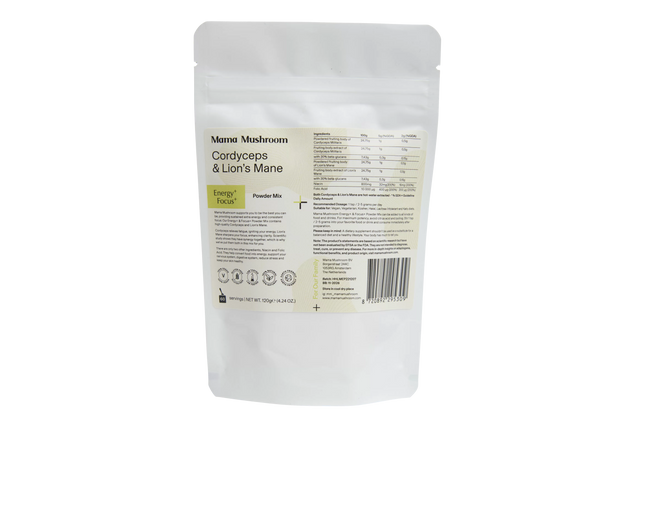
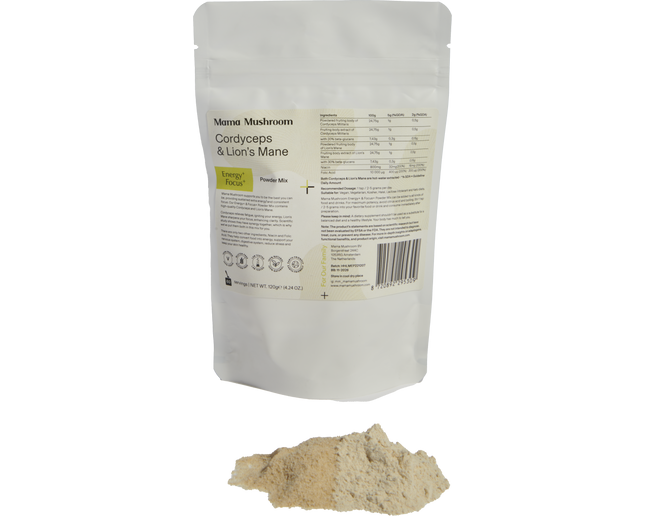
Out of stock
Out of stock
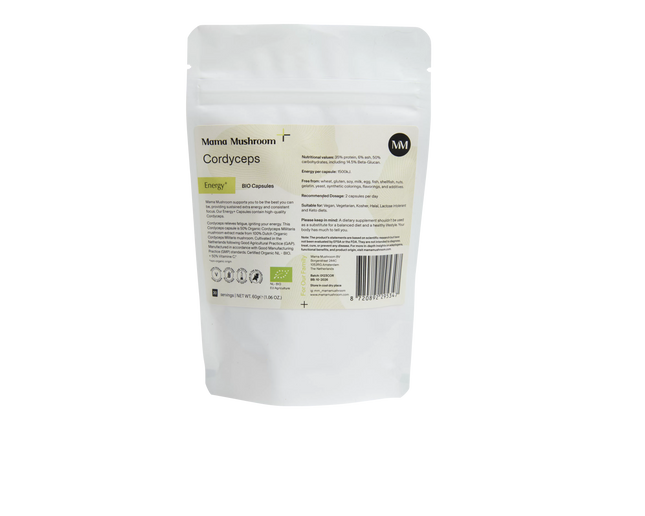
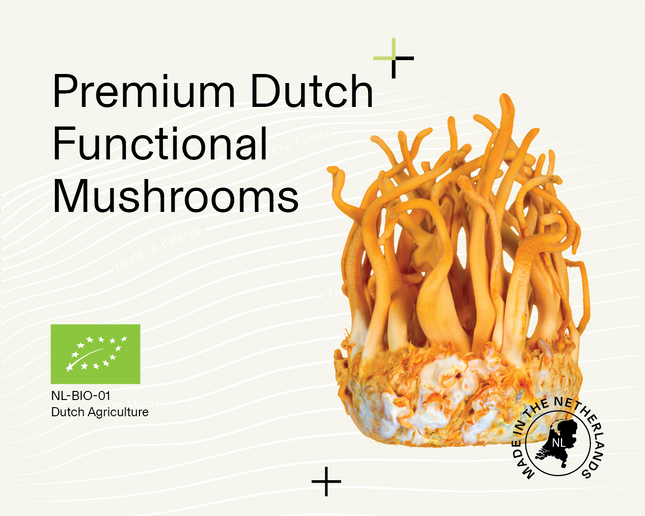
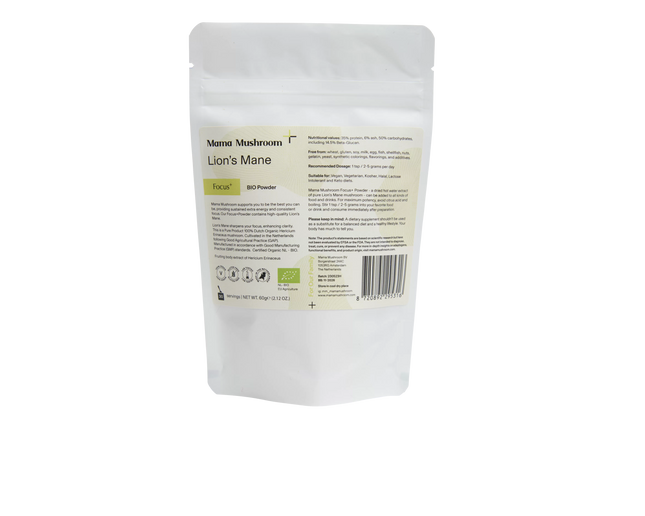
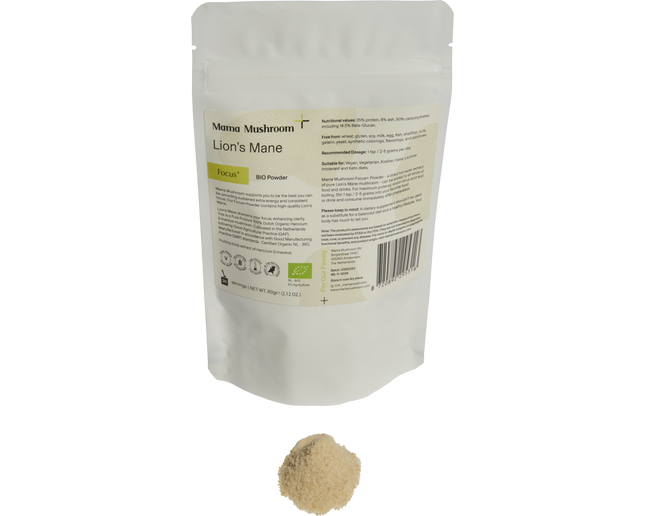
Show extra info for delivery time
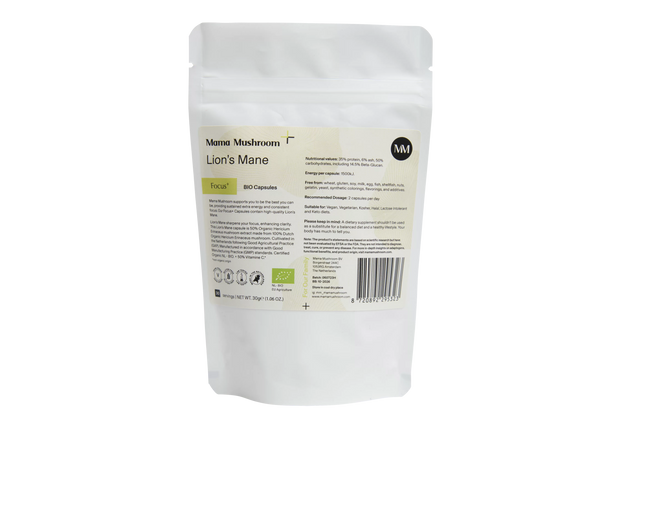
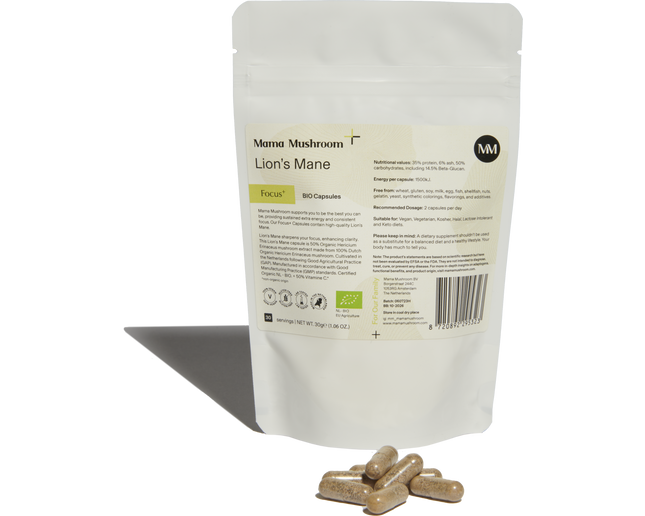
Show extra info for delivery time
Awesome. You've found us. By using this website, you agree to our use of cookies. We use cookies to provide you with an epic experience. For more info, see our Privacy & Cookie Policy